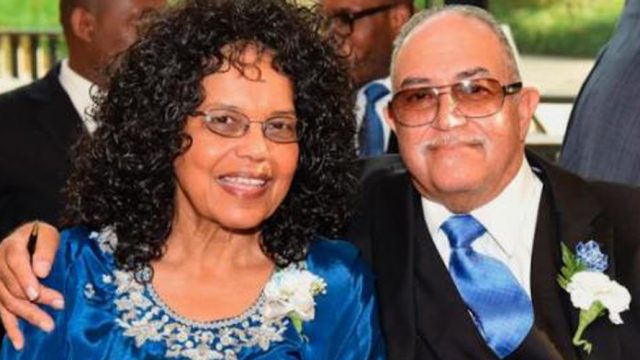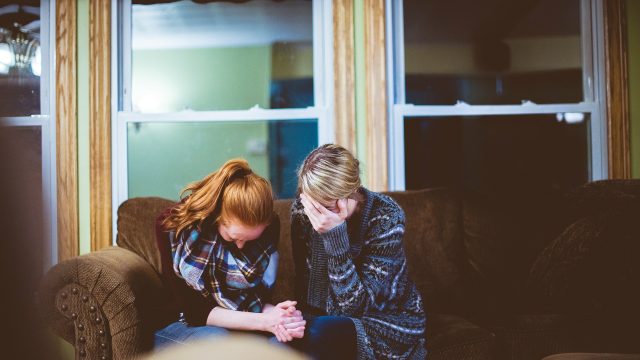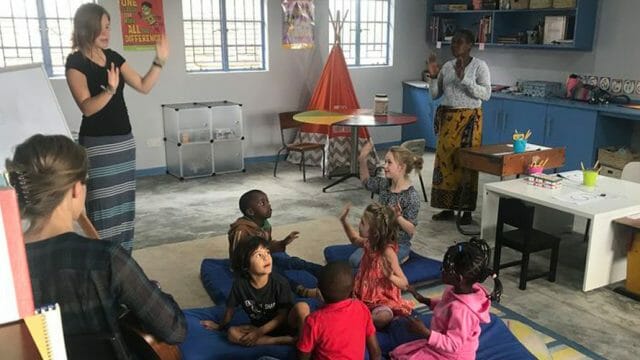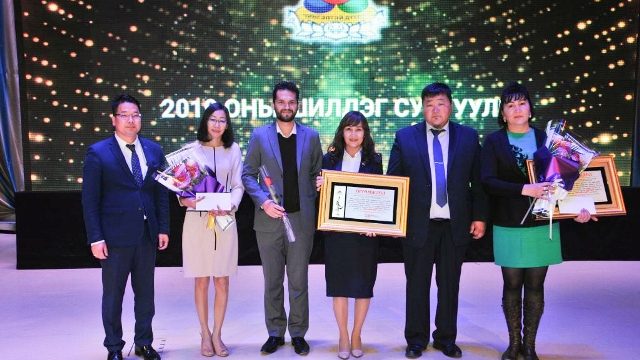An Adventist school principal shares what she learned through her identity journey.
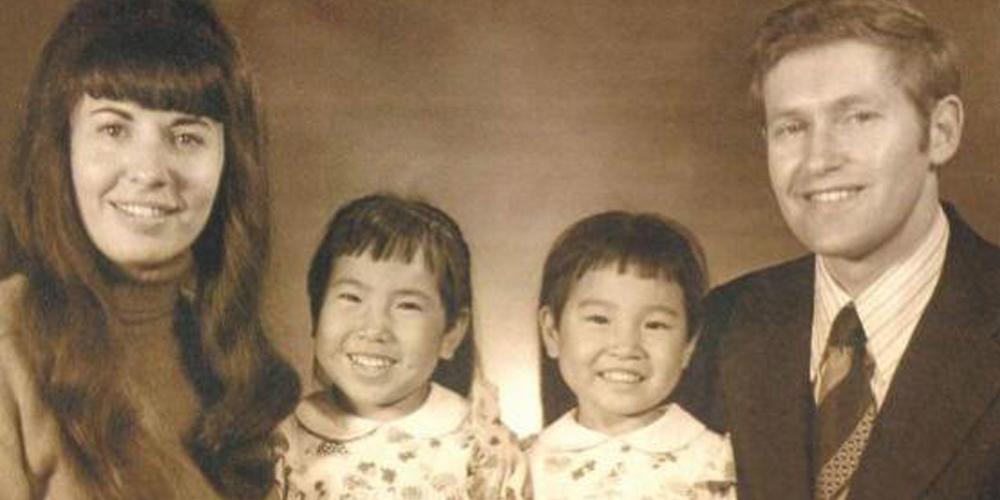
Over the past few years, I have been going on an identity journey. This journey has been revelatory in many ways. Very little is known about my origins and beginning. I know I was born in Korea and was in an orphanage in Incheon by the time I was 21 months old. There isn’t a trace of who my birth parents are, but a couple who hailed from the giant state of Texas came into the picture who wanted children but found it impossible to build a family traditionally.
Growing up adopted didn’t seem out of the ordinary. I didn’t feel a twinge of stigma or any sense of indebtedness to my parents. All along, the sense of family was natural and normal. I was not cognizant that people instantly recognized that I was adopted and had started out in a different country. As a young girl, I was interested in learning about Korea and my roots, but I didn’t feel that I was missing a piece of who I was at that time. There were just a few books in the local library about Korea that I read for research papers. Even though I knew that kimchi was an important staple in the Korean diet, I had never tasted it until I was in college. Curious children asked if I was Chinese or perhaps Japanese. Back in the seventies and early eighties, it seemed as though no one really knew about Korea. I vaguely recall children taunting me about my almond-shaped eyes and pulling the corner of their eyes into a slant and pretending to speak an Asian language. I shrugged those moments off. I tried to ignore the feeling that I was a novelty, or worse, “inferior” to some when I entered high school in a predominantly white high school in South Carolina.
I Didn’t Really Belong
When I began to attend Southern College (now Southern Adventist University) in Tennessee, I became aware that there were other Koreans my age at school. Seeing “myself” was a novelty and created an awareness that there was more to me than I recognized. Not only did I make friends who were Korean, but I chose to spend a year in Korea as a student missionary. Walking down a busy street in Incheon in a sea of people with black hair, olive-toned skin, and almond-shaped eyes, a strange feeling of belonging washed over me that I didn’t realize I lacked. The irony was that, although I felt I could now identify and belong, I didn’t really belong. Native Koreans instantly sensed that I was American before a word escaped my lips. There was something in the way I carried myself that screamed American and kept me outside of belonging to the Korean culture.
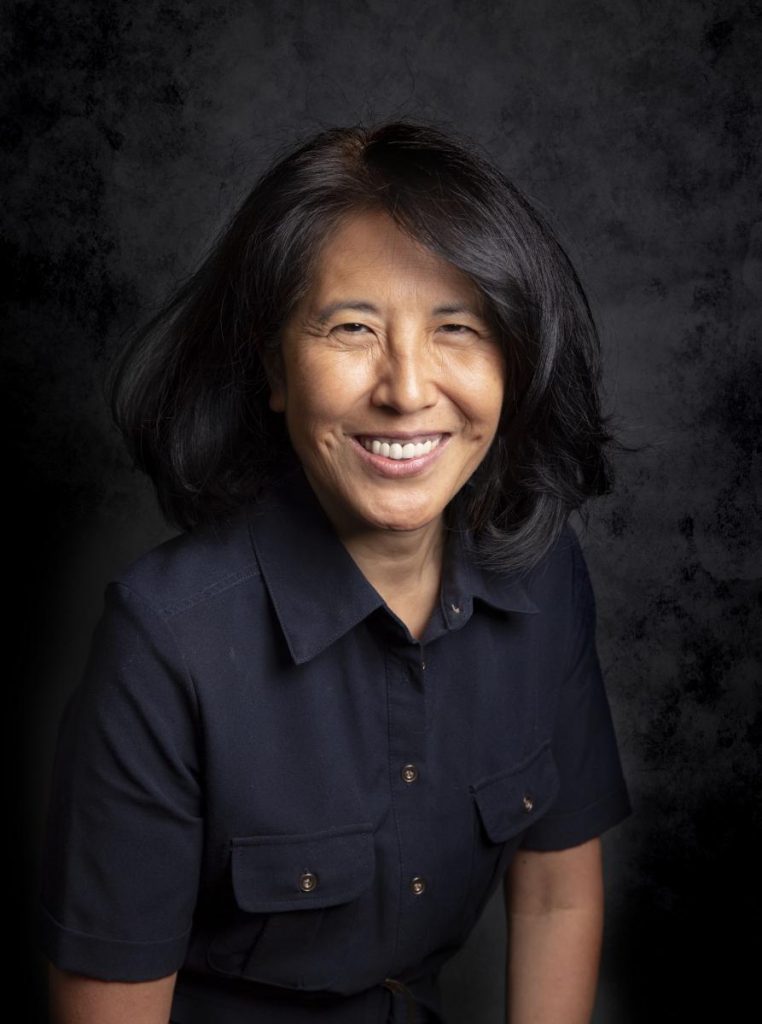
[Photo: Columbia Union Visitor]
My life has ebbed and flowed back and forth into the Korean culture. My husband is a Korean-American immigrant who came to the United States when he was seven. My life has become more intertwined in the Korean subculture because of my marriage and because my husband is a pastor of a Korean church. My mother-in-law thought she was getting a Korean daughter-in-law, but, in reality, I had scant comprehension of the culture. Because of that lack of understanding, we had many misunderstandings and some hard feelings. (We now understand each other a lot better, and grace has freely flowed.)
In my adulthood, I have felt the sting and threat of racist taunts hurled by strangers. I have had people compliment me on my good English skills or lack of an accent. I know I have been marginalized and misunderstood because I am Asian. Even in my extended adoptive family, because I am adopted and Asian, I am not considered a legitimate part of the family lineage.
A Rude Awakening
I realize my life has been shaped by these very different life experiences. Many of my foundational understandings and perspectives have been influenced by a Western, white, Seventh-day Adventist, working-class perspective.
After college, my life experiences have added to who I am; I am much more aware of the stinging injustices experienced by many. In some ways, it has been a rude awakening—a necessary awakening to the existence of racism, and it is on the rise, with zero respect for the sanctity of humanity.
This is not new. Unfortunately, there is a history that spans time and cultures, raising its lies and ugliness in the belief of superiority and justification for racism and bias.
My experiences are not meant to be compared to others. In many ways, my life has been privileged. I share this because my heart is aching that people are still struggling to be seen and valued. My heart is broken to know that this disregard for the value of others has resulted in lives lost or in grave danger, just because of the color of someone’s skin, texture of hair, or shape of eyes. Christ never intended for us to have these great divides, misconceptions, and attitudes that feed hate and devalue the lives of others.
We must stand up for each other. We cannot be silent in the face of these injustices. God has called us to “love one another. In the same way I loved you, you love one another. This is how everyone will recognize that you are my disciples — when they see the love you have for each other” (John 13:34, 35, The Message).
Miya Kim is the principal of Chesapeake Conference’s Atholton Adventist Academy in Columbia, Maryland, United States.
The original version was posted by the Columbia Union Record.




